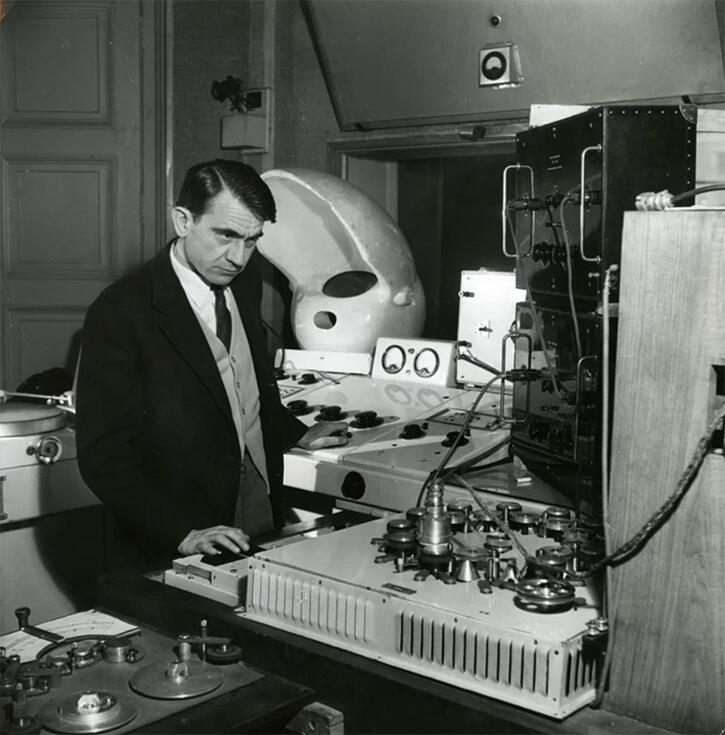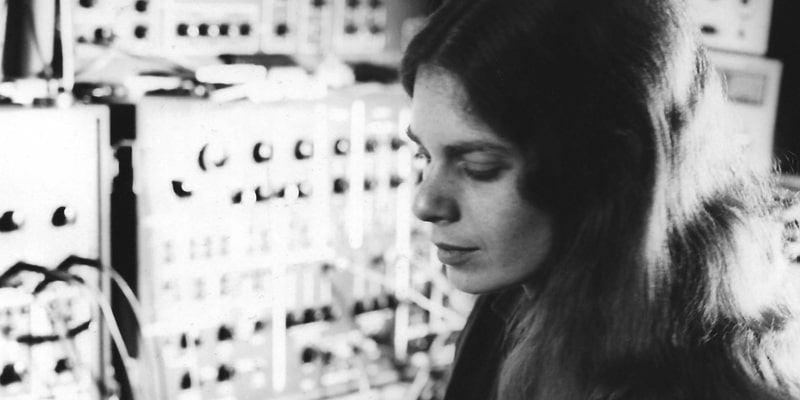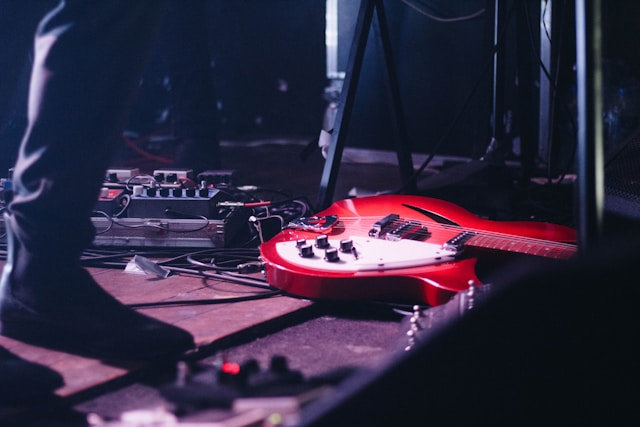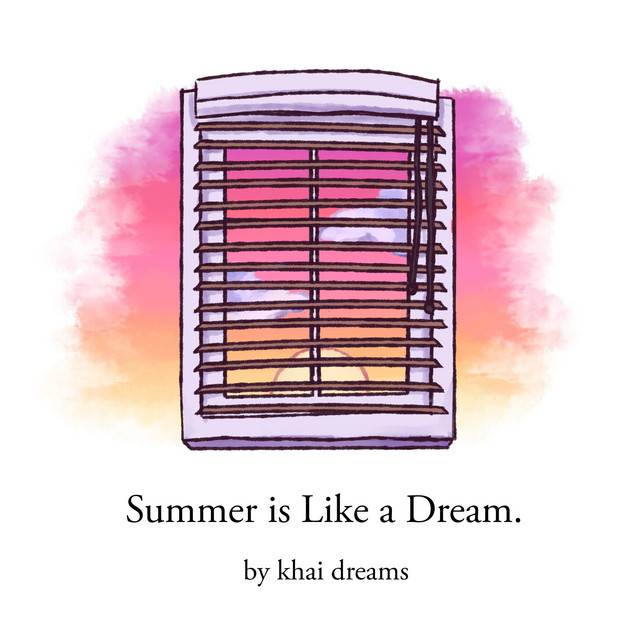It’s an epitaph to a great performance, wrapped in a dance beat.
Listening to “Stole the Show,” you can sense a quiet philosophical drama unfolding behind the music — a meditation on the fleeting nature of beauty and the dignity of knowing when to step off the stage.
The Curtain Falls: The Philosophy of the Ending as a Masterpiece
We all live in the theatre of our own lives, and relationships are the grandest play.
The artist uses the image of the stage not for decoration, but to remind us that every great love is a performance — intimate, radiant, and deserving of applause and, ultimately, a final bow.
From the very first lines, the lights begin to fade and “the credits all roll down.”
It’s that moment when the audience — perhaps our friends, or perhaps we ourselves, watching from a distance — simply keep “watching, watching” as the inevitable unfolds.
And yet, within this tragedy lies a strange dignity.
Wilted Roses and the Loss of Thrill
The philosophical undertone shines most vividly in the verses that describe the reason for the ending.
The stage is covered with “wilted roses” — a powerful metaphor for passion that has faded.
The roses were there, but they have withered; beauty once lived here, but it has passed.
Even if “our debut was a masterpiece” and “our lines we read so perfectly,” still, “the thrill is gone.”
The relationship wasn’t destroyed by conflict; it simply ran its natural course — like a play that has reached its emotional climax, but has nothing left to perform.
No Heroes, No Villains
One of the song’s deepest insights lies in its rejection of blame: “No heroes, villains, one to blame.”
In real life, when a love story ends, we instinctively seek a villain to justify the pain.
But the artist offers a more mature truth: sometimes an ending is not a failure, but a resolution.
It’s the awareness that we were both actors in the same story, and if “the show can’t go on,” it’s not anyone’s fault — it’s simply time to take our final bow.
To Steal the Show: The Philosophy of the Indelible Mark
We reach the culmination, the key phrase — “at least we stole the show.”
What does it mean to steal the show?
It’s not about success or victory.
It’s about being so vivid, so unforgettable, that your performance overshadows everything else.
Even when the lights go out, when “kisses fade” and “it’s our time to go,” one truth remains: what we lived through was a masterpiece.
It’s a powerful metaphor for the value of memory over duration.
We may no longer have it all; we may be “crying, crying,” but the pain of loss is softened by pride in what was achieved.
The philosophical lesson is simple: if you cannot control the ending, control the trace you leave behind.
And our trace — our shared performance — was so luminous that we truly stole the show, leaving it forever in memory as the finest, though finished, act.
Applause After the Silence
This song is a lesson in how to end beautifully — to hold your head high during “the curtain call,” to “hold for the applause,” knowing that your story, though over, was a true triumph of emotion.
If you enjoyed diving into the emotional depth of “Stole the Show”, you might also like our exploration of the music behind The Lord of the Rings: From the Shire to Mordor: A Journey Through the Music of The Lord of the Rings.






